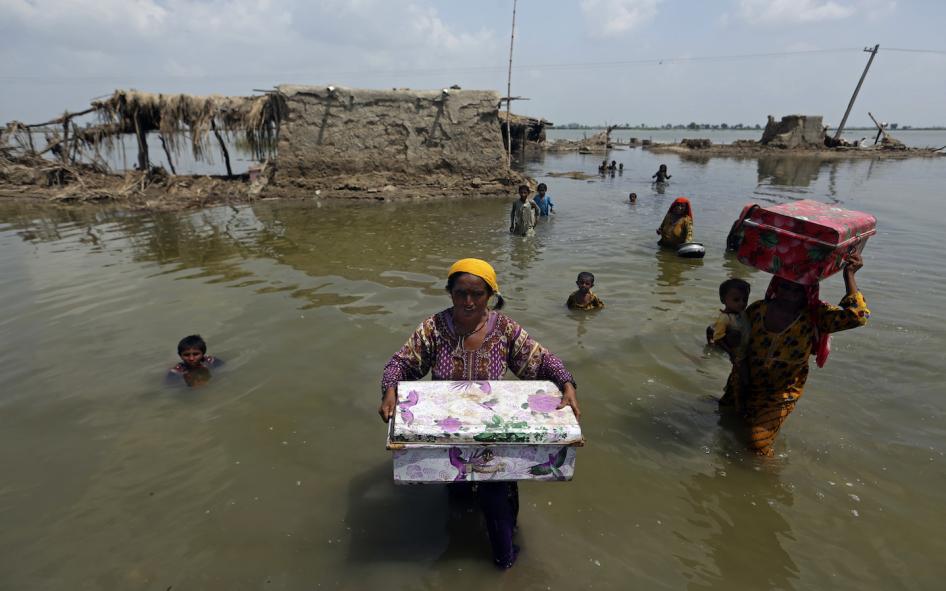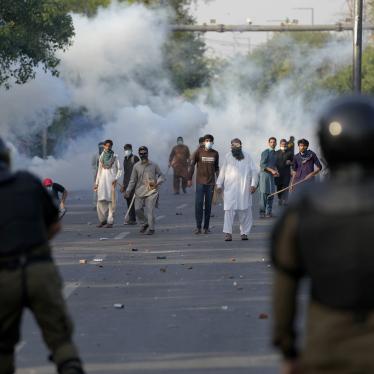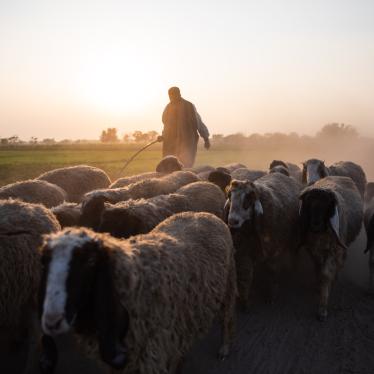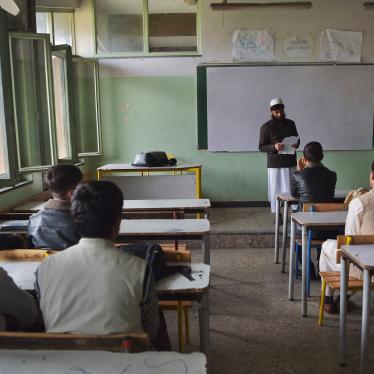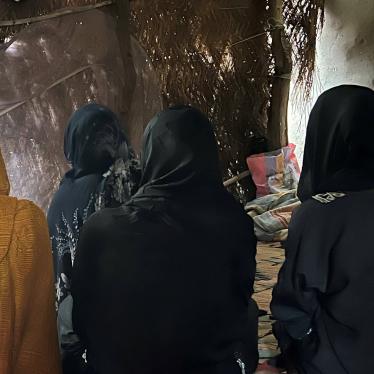The Sindh provincial government in Pakistan has taken an important step to mitigate harm from last year’s devastating floods and also provide redress for gender inequality and barriers to land ownership, particularly for women living in rural areas.
Cataclysmic flooding in Pakistan in July 2022, triggered by unprecedented monsoon rainfall and glacial melting, damaged or destroyed more than 2.1 million homes countrywide. The floods submerged one-third of the country, killing and injuring 15,000 people and displacing 8 million. The worst affected areas were rural parts of Sindh province. Many women in the region lost homes and livelihoods, leaving them without income and increasingly food insecure.
In its attempt to rehabilitate those who suffered catastrophic losses in the floods, the Sindh government has begun providing land titles and funds to construct houses for people who were previously landless. Out of the 1.3 million eligible beneficiaries, over 426,000, almost one-third, are women.
If implemented transparently, the government could begin to provide redress for harmful social practices that have long excluded women from land ownership.
In low- and middle-income countries, women make up 43 percent of the agricultural labor force. However, their land ownership remains significantly lower than men’s. The land tenure and ownership pattern in Sindh, like the rest of rural Pakistan, is one of the most important determinants of socioeconomic status and is extremely skewed, with only 1.2 percent of Pakistani women owning land.
The International Covenant on Economic, Social and Cultural Rights obligates states to eliminate all forms of discrimination and to ensure substantive equality. The Committee on Economic, Social and Cultural Rights has spelled out governments’ obligations to protect land access, use, and control. In its 2022 general comment on land rights, the committee stated that “[s]ecure and equitable access to, use of and control over land can have direct and indirect implications for the enjoyment of a range of rights,” including the right to adequate food and housing.
To bring about meaningful and sustainable change, the Sindh government should ensure that women recipients are full participants in all aspects of the new program.

